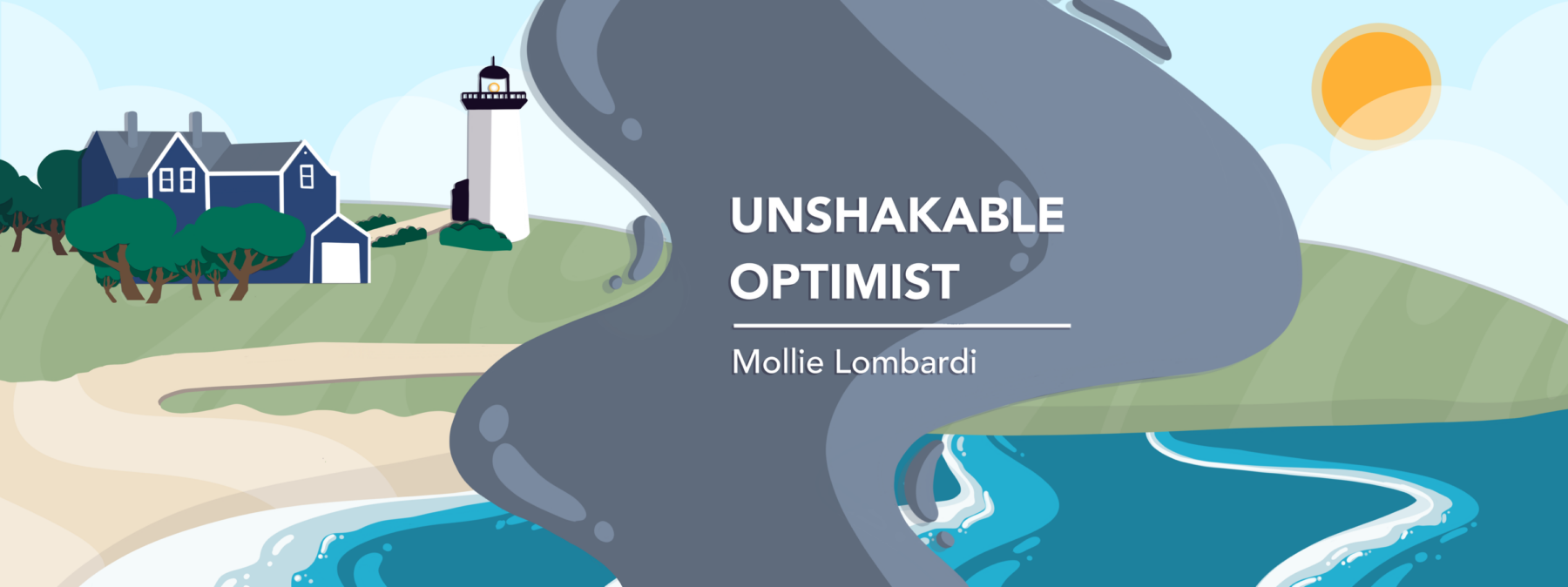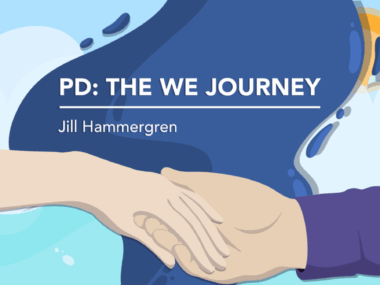What my ordeal with emergency back surgery taught me
I learned the importance of self-advocacy and safely pushing myself
Written by |

In my last column, I mentioned that about a year after my diagnosis of early-onset Parkinson’s disease, I needed back surgery for a ruptured disc and a herniated disc in my lower spine. It was a harrowing experience, but I learned some important lessons.
I’ve had lower back pain on and off for most of my adult life. It started by flaring from time to time when I was in college. I mostly managed it with ice and ibuprofen.
In my early 20s, I started to work with a chiropractor who helped align my hips, which in turn helped with the aggravation and tension in my lower back. But years later, in my mid-30s, I had a particularly painful episode.
It was a Saturday morning in late November, and my husband and I had gone out for breakfast. We were discussing our plans for the day, and I mentioned that my lower back hurt, and it was different than my usual back pain. So I did the smart and logical thing: I continued with my plan to shop at the warehouse club, where I picked up cases of water and 40-pound bags of dog food.
By the next Monday, I was in excruciating pain. Then I sneezed. I knew instantly that I was done. Broken. Something had gone very wrong. I got into bed and tried to stay calm. I texted my husband, “Don’t worry, but please come home soon. I’m lying on the bed and don’t think I can stand up.”
Of course, he rushed home and somehow we got me downstairs and into the car. When we got to the emergency room, I needed a wheelchair. I knew I wasn’t paralyzed because I could move my toes, but something wasn’t communicating from my brain to my legs.
When we saw a doctor and the staff took down my medical history, I mentioned that I had Parkinson’s disease. The doctor believed my current issue had been caused by disease progression and was leaning toward sending me home. This pain came early in my Parkinson’s journey, so I was still learning how to advocate for myself. But I knew enough to respond that “you don’t sneeze your way into Parkinson’s progression.”
That was lesson one: Listen to your body and advocate for yourself. You know what you’re feeling. Don’t let medical professionals ignore you.
Luckily, the doctor listened, and an MRI showed that my back had extensive damage. I was whisked away to have emergency surgery to remove pieces of one disc and repair another. The surgery went well, and I was home in a few days. I didn’t lose my motor function, but I did have to learn to walk again.
It was a scary time. For the first six weeks, I could get to the bathroom with help, but that was about it. I was distraught and depressed. When it happened, we’d just passed the first anniversary of my diagnosis and I was finally starting to feel good again. Then, suddenly, my husband had to do everything for me. It was a dark time.
A physical therapist came to my home three times a week, but I still wasn’t improving. Then one day, a new therapist arrived. This therapist taught me some new exercises and pushed me, which I needed. She knew I wanted to walk on my own again and made me feel safe doing the hard work to get there.
This was lesson number two: With injury recovery and chronic illness, you must walk the line between hard and dangerous. That means you must push yourself to do hard things. Hard things make you grow and change. But you can’t cross the line into danger. Having people you trust around can help you walk that line.
I eventually got better and haven’t had that kind of debilitating back pain since. I was lucky. Parkinson’s isn’t the end-all, be-all of your health, but it can make getting help tricky. Trust your gut and surround yourself with people who provide you the safety to push yourself to be the best you can be.
Note: Parkinson’s News Today is strictly a news and information website about the disease. It does not provide medical advice, diagnosis, or treatment. This content is not intended to be a substitute for professional medical advice, diagnosis, or treatment. Always seek the advice of your physician or another qualified health provider with any questions you may have regarding a medical condition. Never disregard professional medical advice or delay in seeking it because of something you have read on this website. The opinions expressed in this column are not those of Parkinson’s News Today or its parent company, Bionews, and are intended to spark discussion about issues pertaining to Parkinson’s disease.




EILEEN QUINLAN
Gooo
Rosemarie Montera
Thank you for sharing your story. I have early PD, most tremors on my right side. Almost a year ago I fell and fractured my femur, had surgery. I haven’t fully recovered today, my fractured is healed. The muscles in my thighs are achy and sometimes painful to walk. I’ve done physical therapy, I thought I was on my way to full recovery. I am going to start massage therapy next. I will remember what you said in your article and stay strong through this process. I would really like to hike again. Thank you.
Mst Kamini
Thank you very much for sharing this story. It is very helpful .
Jeffrey W McClure
There certainly is validity in what you are saying, but there is a fine line between "pushing yourself" and "hurting yourself." As I have had traumatic health events like yours over the years, I have found that as one ages, overdoing the recovery exercises becomes a greater risk. I agree that listening to your body is critical. I have had success in my exercises to recover, but I have also had setbacks when I allowed trainers to push me into excessive exertion.